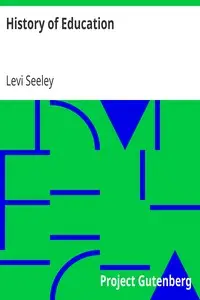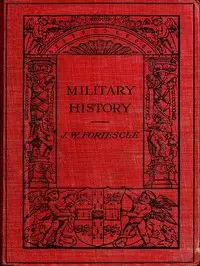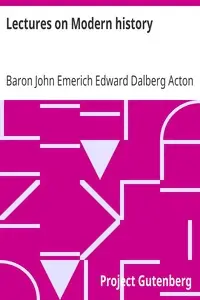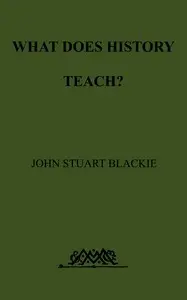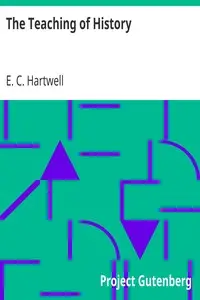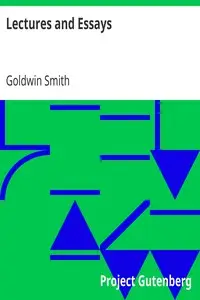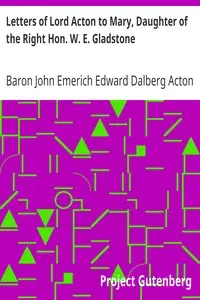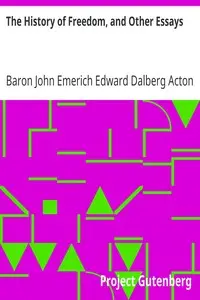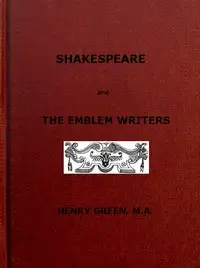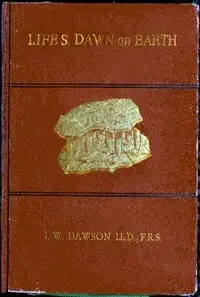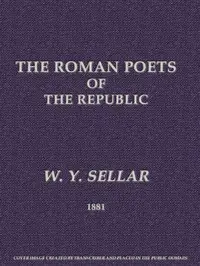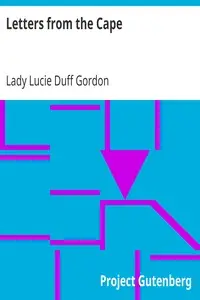"A Lecture on the Study of History" by John Emerich Edward Dalberg Acton Acton is a speech transformed into text. It's about how studying history is super important for understanding what's happening now and in politics. The lecture kicks off with the author sharing his dream of speaking at Cambridge. He says history isn't just about memorizing dates, but about seeing how everything is connected. He talks about the "Unity of Modern History", explaining that history doesn't really have clear start or end points. Instead, it's one long story of people doing stuff. Acton insists that knowing history is key to making smart choices in politics. He wants people to realize that modern history is full of important lessons that can help us grow. He sets the stage for thinking about history as something that helps us understand both the past and the present.
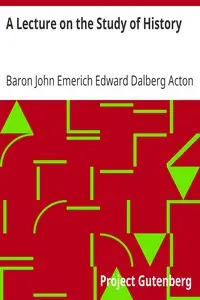
A Lecture on the Study of History
By John Emerich Edward Dalberg Acton Acton
Discover how history is a never-ending conversation that intertwines with today's world and shapes political decisions.
Summary
About the AuthorJohn Emerich Edward Dalberg-Acton, 1st Baron Acton, 13th Marquess of Groppoli,, better known as Lord Acton, was an English Catholic historian, politician, and writer. A strong advocate for individual liberty, Acton is best known for his timeless observation on the dangers of concentrated authority. In an 1887 letter to an Anglican bishop, he famously wrote, "Power tends to corrupt, and absolute power corrupts absolutely," underscoring his belief that unchecked power poses the greatest threat to human freedom. His works consistently emphasized the importance of limiting governmental and institutional power in favor of individual rights and personal liberty.
John Emerich Edward Dalberg-Acton, 1st Baron Acton, 13th Marquess of Groppoli,, better known as Lord Acton, was an English Catholic historian, politician, and writer. A strong advocate for individual liberty, Acton is best known for his timeless observation on the dangers of concentrated authority. In an 1887 letter to an Anglican bishop, he famously wrote, "Power tends to corrupt, and absolute power corrupts absolutely," underscoring his belief that unchecked power poses the greatest threat to human freedom. His works consistently emphasized the importance of limiting governmental and institutional power in favor of individual rights and personal liberty.

